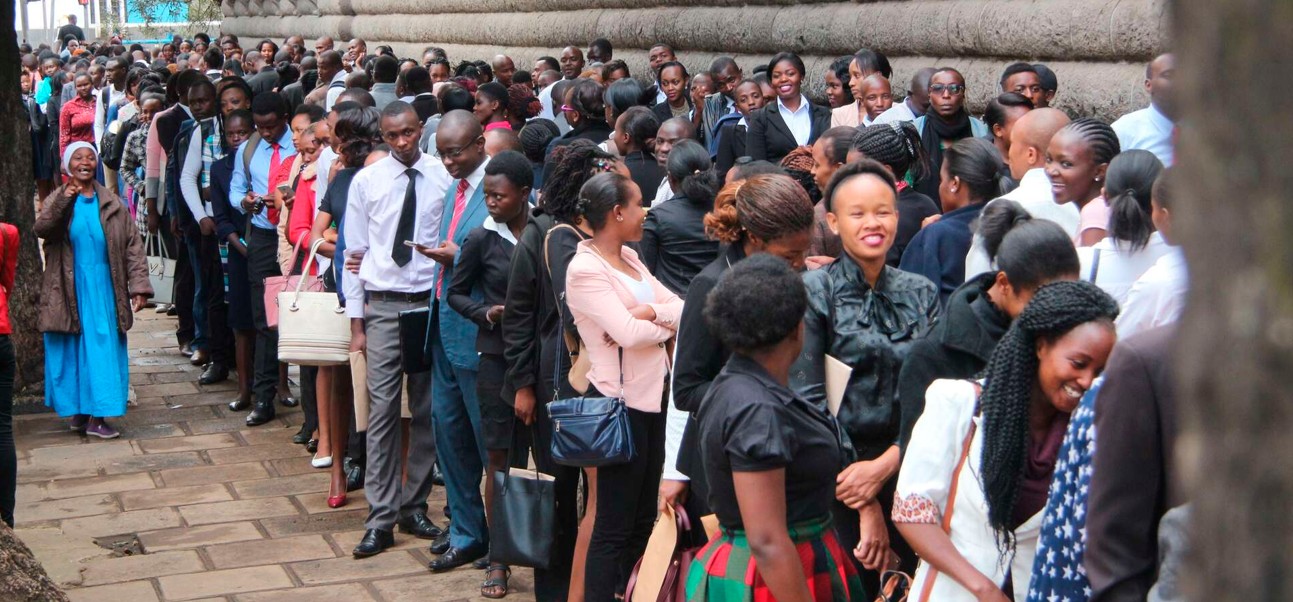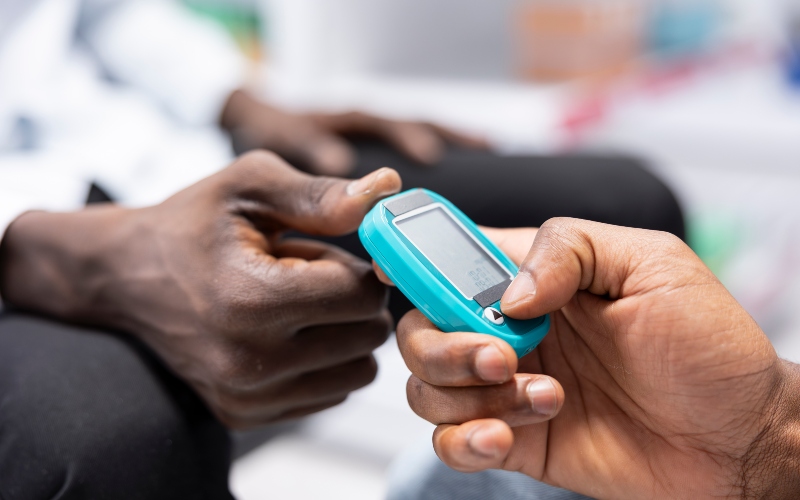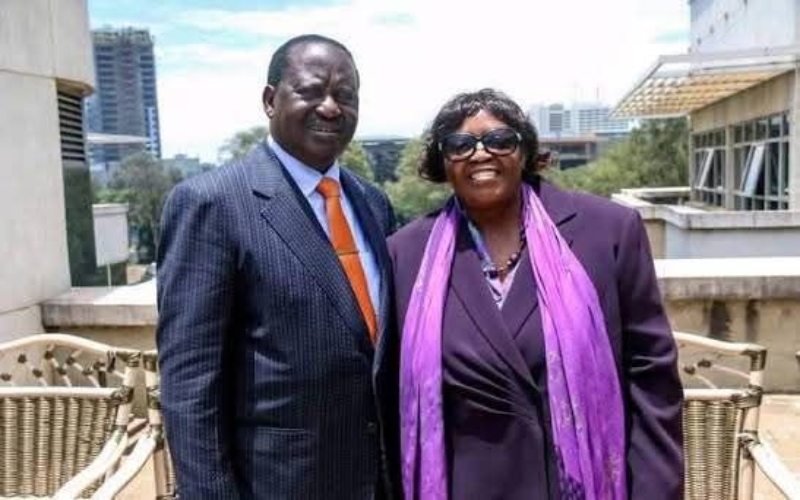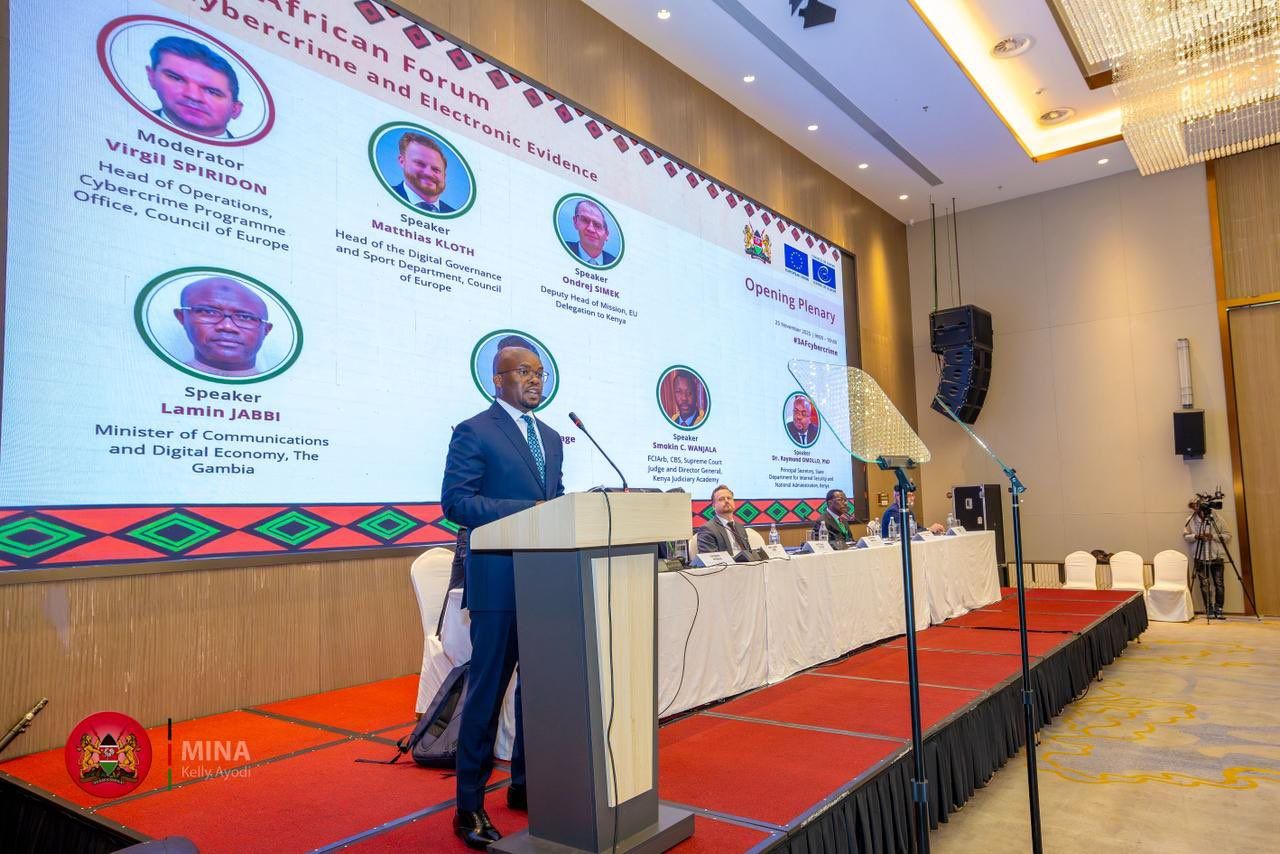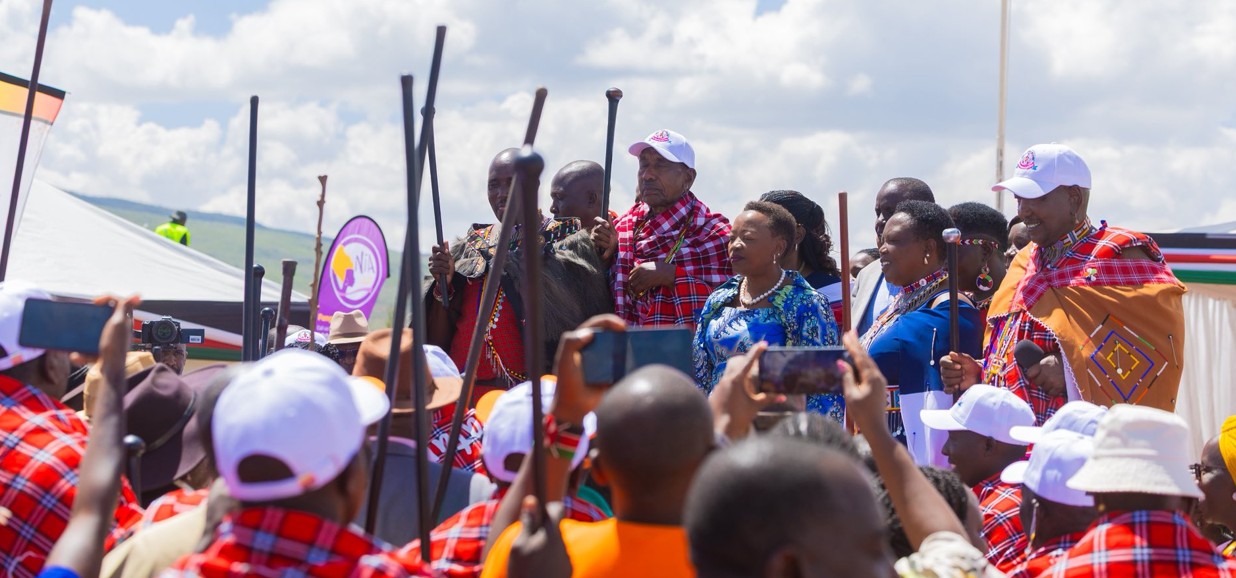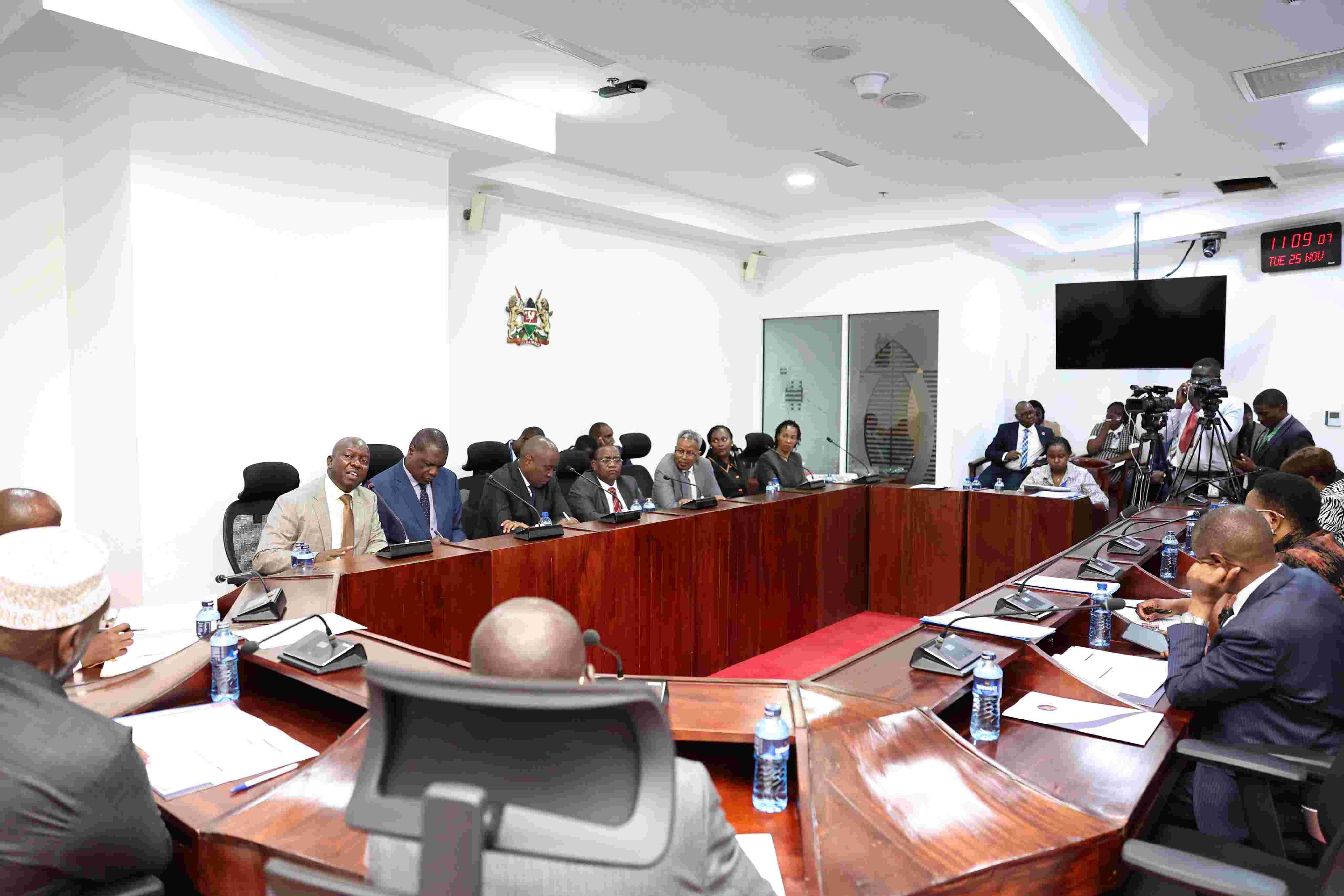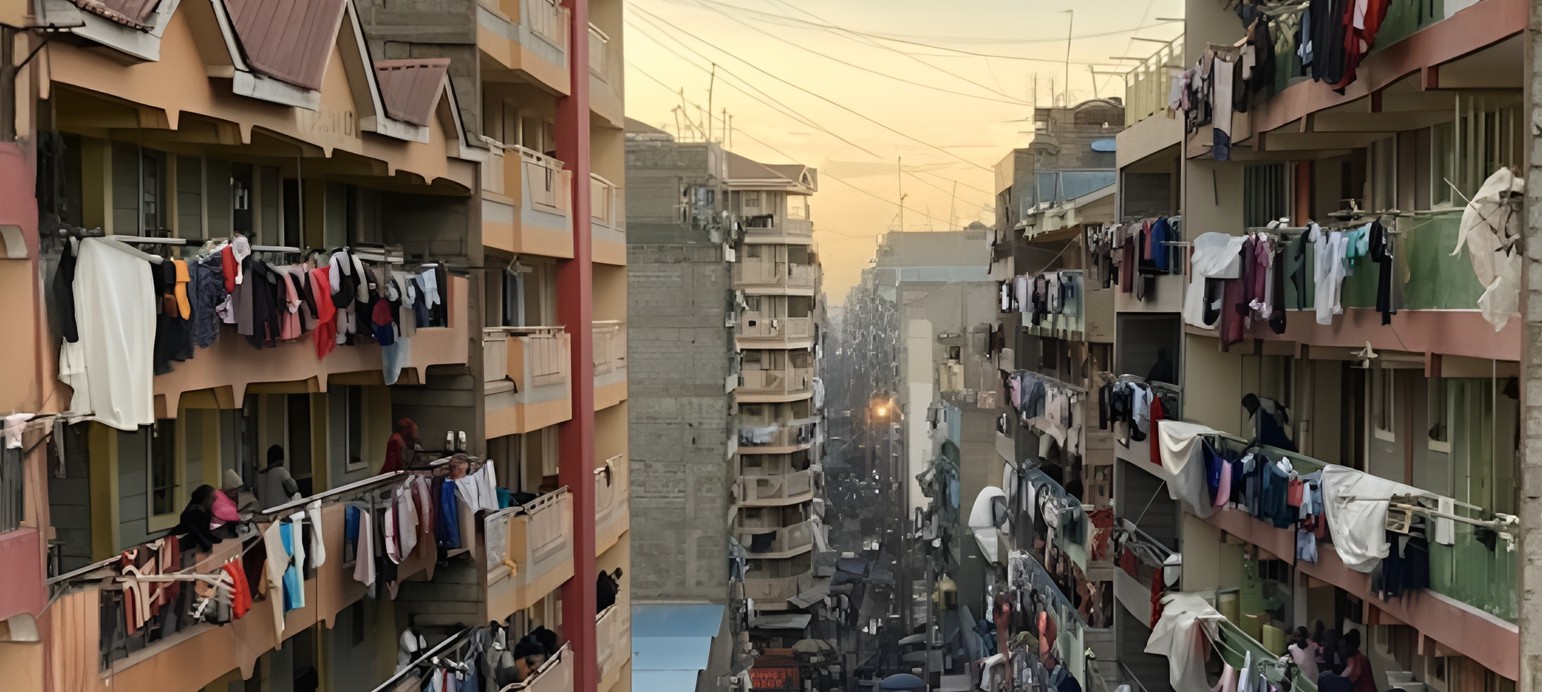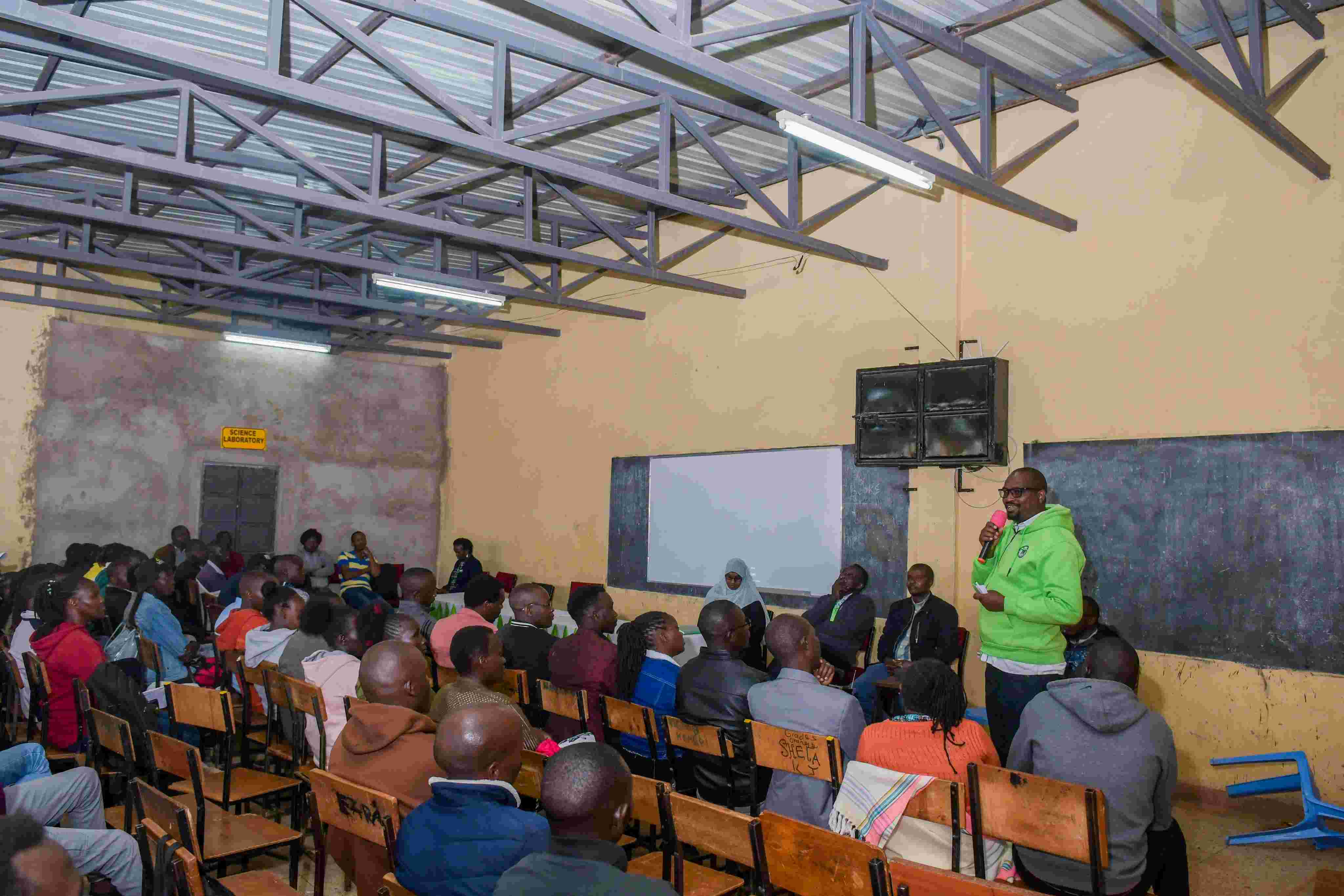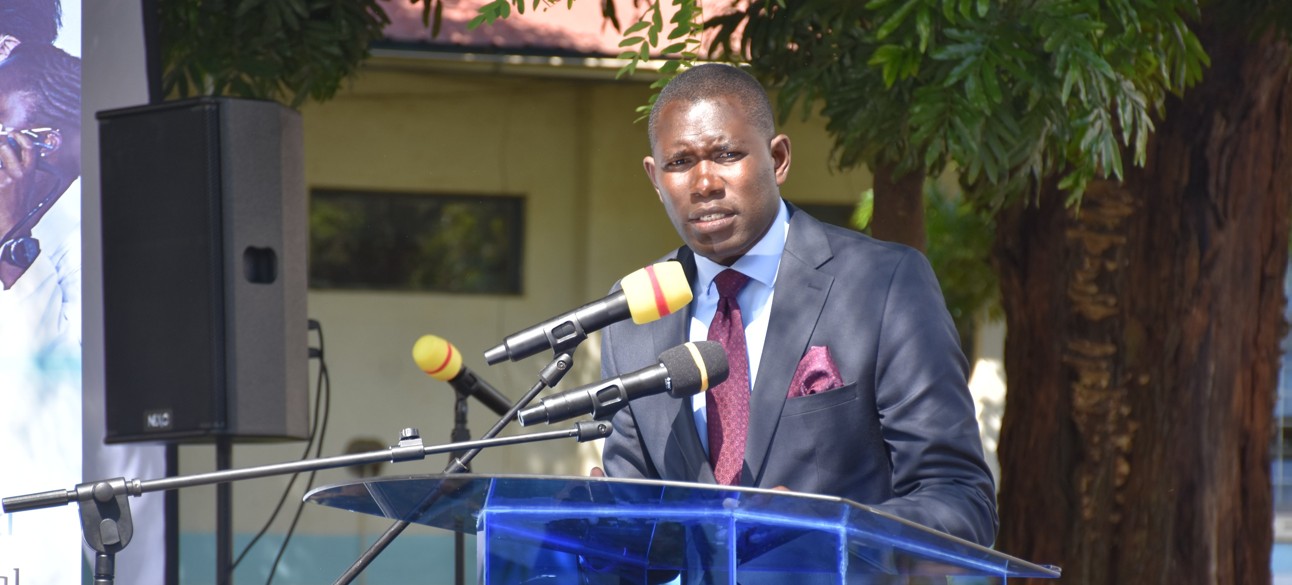OPINION: Northern Kenya must speak out against SGBV

The silence surrounding SGBV due to fear, shame, and social stigma further entrenches the problem. The community believes in settling matters using the justice system set by elders, regardless of the magnitude of the matter.
In northern Kenya, sexual and gender-based violence (SGBV) has for a long time been shattering lives and hindering the region's progress.
Some cultural practices among communities in the region promote some aspect of SGBV without the survivors being aware of the impact. This is due to either the survivor being too young or being blinded by the cultural teachings that glorify the act.
More To Read
- New Bill proposes harsher penalties, mandatory compensation for SGBV offenders
- Universities urged to create gender resource centres amid rising GBV cases
- Marsabit woman on mission to save Rendille girls from FGM, early marriages
- Isiolo FGM survivors on a mission to dissuade girls from undergoing the cut
Harmful cultural practices like female genital mutilation and child marriages are deeply ingrained within the communities.
These practices normalise violence against women and girls, robbing them of their bodily autonomy and education. Wife beating, for instance, is for some seen as a mark of love from the husband and is thus not perceived as SGBV.
The silence surrounding SGBV due to fear, shame, and social stigma further entrenches the problem. The community believes in settling matters using the justice system set by elders, regardless of the magnitude of the matter. This alternative dispute resolution is called maslah/seer.
Solving cases this way mostly ends up normalising outdated cultural practices. Only the educated and the elite in the community report cases of injustice to the police, while the rest mostly follow the maslah/xeer way of resolving issues.
There exist challenges when using the judicial system as well, the main one being the vastness of the northern Kenya region. Police stations are often far away from the victims. This makes it hard to report cases on time, which may jeopardise the success of investigations due to late reporting.
The social stigma surrounding SGBV also prevents survivors from reporting cases. In some areas, a survivor is victimised and even beaten for reporting SGBV cases to the police, and anyone supporting the survivor is seen as an accomplice in committing a taboo. Long, tedious, and expensive court proceedings also prevent survivors from seeking justice through the judicial system.
Even when cases are reported, investigations can be sluggish, leaving survivors with little hope of getting justice as justice delayed is justice denied. This lack of access to justice creates a climate of impunity, emboldening perpetrators and discouraging others from coming forward. This has led to a lack of trust in the judicial system by survivors.
Justice for survivors is not just about punishing the perpetrators; it's about healing and rebuilding shattered lives. Support services are critically needed, from safe houses offering refuge to trauma counselling providing psychological support, legal aid, and healthcare.
The establishment of rescue centres is key to ensuring survivors are well taken care of psychologically, mentally, emotionally, and physically by removing them from the environment where they were exposed to SGBV as investigations continue. A witness protection mechanism is also necessary. These measures will ensure perpetrators are held accountable and survivors get justice.
Economic empowerment programmes can help survivors gain financial independence, giving them options beyond abusive situations.
Tradition is not static. Community and religious leaders, together with elders, must become advocates for change. Education campaigns that promote gender equality and highlight the devastating consequences of SGBV are crucial. So far, a stride has been made, especially in eradicating these harmful practices from northern Kenya through awareness creation and empowerment.
We need to exert more pressure until these harmful practices are eradicated. By dismantling the structures and outdated cultures that perpetuate SGBV, we can build a future where every individual feels safe and empowered.
The writer is a health record information officer, social change maker, and programme officer at the Northern Frontier Medical Association.
Top Stories Today
